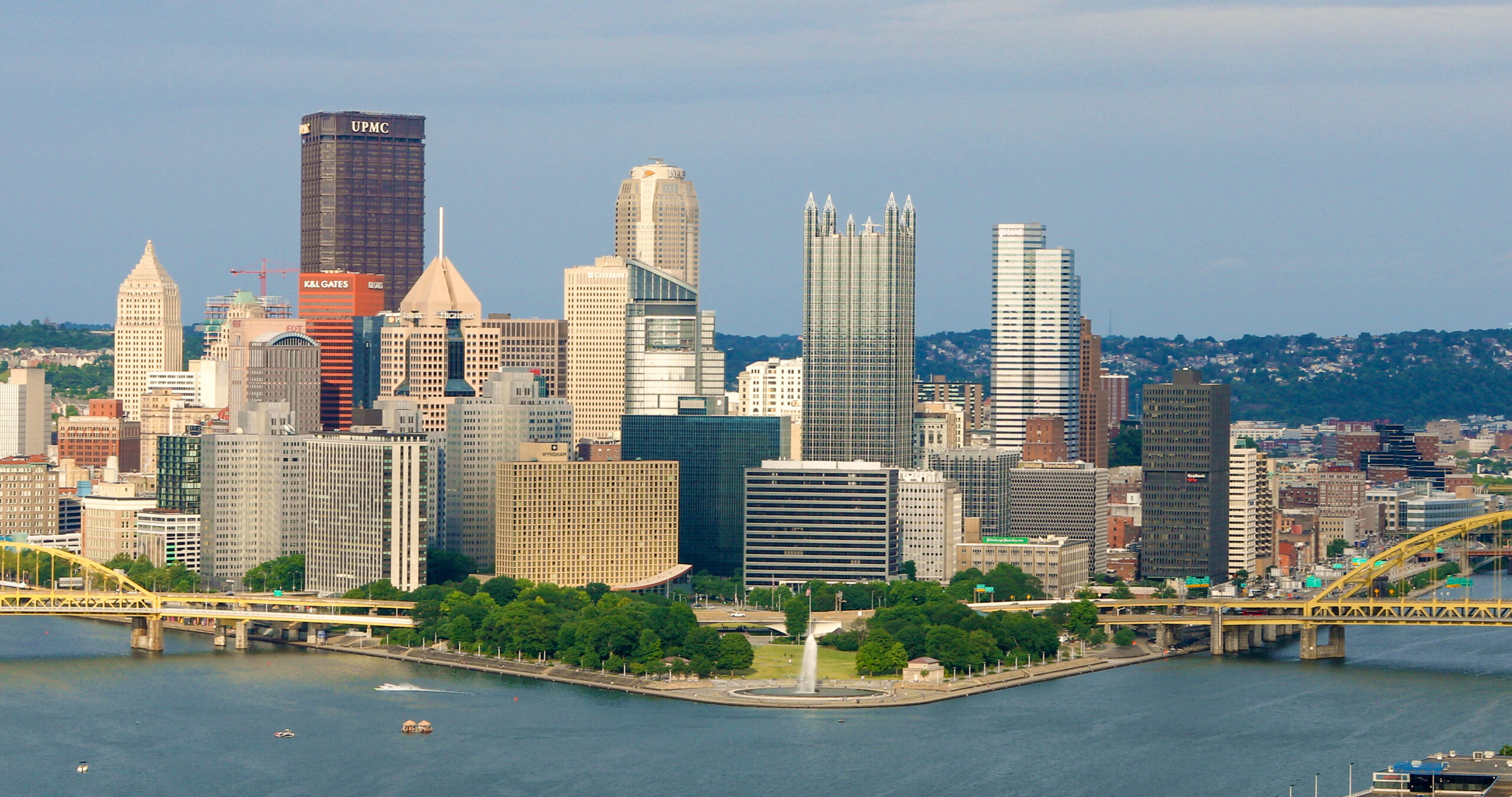The historic Pitt Building, located in downtown Pittsburgh, PA, is set to become a hub for Black creatives, gig workers, and business professionals.
The Greenwood Plan, a nonprofit organization whose name is rooted in the Greenwood District of Tulsa, OK, (“Black Wall Street”), finalized the acquisition of the Pitt building on Dec. 21, 2023.
Khamil Bailey, executive director of The Greenwood Plan, has high hopes for the $4 million purchase.
“We want this to be a Black business incubator…Give Black businesses the opportunity to operate in downtown storefronts where they may not have otherwise been able to do so because the terms are not normally favorable. We want to do that through programming and rent subsidies, giving people the training wheels to be able to get into these spaces and get the revenue that comes with the traffic that comes with being Downtown,” Bailey said to The New Pittsburgh Courier.
One of Bailey’s top priorities is to bring in Black chefs and restaurateurs passionate about providing high-quality dining experiences.
“The big one that we do have earmarked is a four-star restaurant that serves some type of Black cuisine,” Bailey told the outlet. “We want a Black, four-star dining experience to be a part of this building.”
In 2021, The Greenwood Plan launched Emerald City, a 12,000-square-foot coworking and social space located on the second floor of the building. With the multi-floor purchase, the organization is advancing its mission of “connecting partners, resources, and initiatives to Black entrepreneurs, professionals, gig workers, and creatives,” per The Greenwood Plan’s website.
Greenwood Week, an annual business conference hosted by the nonprofit, focuses on “building social capital and democratizing knowledge in the Pittsburgh black business community.” It will continue to be a cornerstone of the organization’s future initiatives, according to its 2022-2026 Strategic Plan.
“I know that back in the early 1900s, there were Black businesses that operated Downtown,” Bailey said to the outlet. “We want to bring that back, remind people that we (African Americans) are a part of a thriving economy just as anybody else, not just as consumers but as wealth-builders.”


